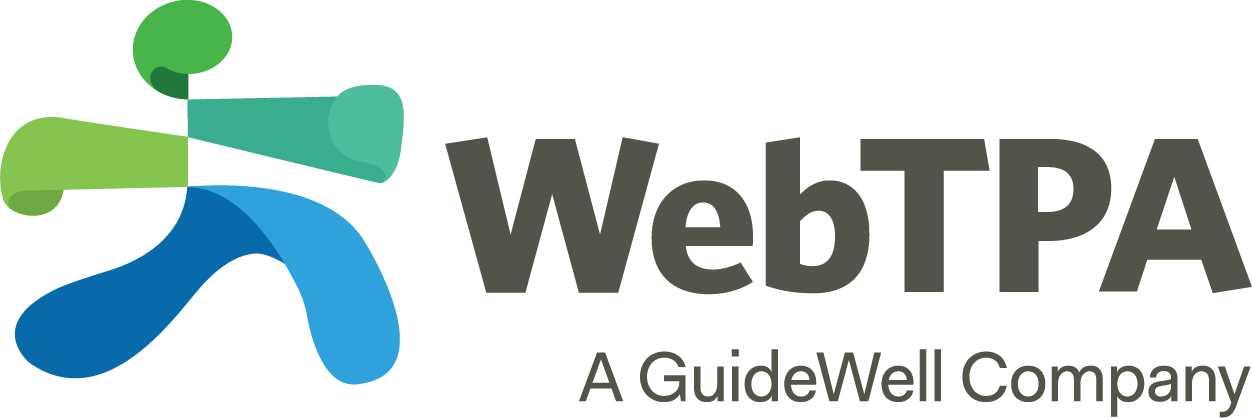Federal Regulations Updates & Impacts
July 30, 2025 •WebTPA
Consolidated Appropriations Act, 2021, Section 204 Prescription Reporting Due June 1, 2025
We are pleased to announce that WebTPA has successfully...
Read MoreNonquantitative Treatment Limitations (NQTLs)
March 26, 2025 •WebTPA
In our previous Compliance Update, WebTPA mentioned the nonquantitative treatment limitations (NQTLs) comparative analysis, under the Mental Health...
Read MoreFederal regulations: highlights & recap
March 26, 2025 •WebTPA
In this week’s WebTPA Compliance Advisor, we provide updates to key portions of recent federal legislation and recap on major requirements of this...
Read MorePreventive Care Articles Updates
December 5, 2024 •WebTPA
HIPAA Privacy Rule
September 16, 2024 •WebTPA
HIPAA Privacy Rule to Support Reproductive Health Care Privacy
In April, the Health Insurance Portability and Accountability Act (HIPAA) added...
Read MoreCAA Prescription Data Reporting
March 1, 2024 •WebTPA
The Consolidated Appropriations Act, 2021 (CAA) requires plans and issuers offering group or individual health insurance coverage to submit...
Read MoreCommunitas Achieves 3-Year NCQA Accreditation for Case Management and Utilization Management Programs
January 14, 2024 •WebTPA
Communitas is redefining health care clinical management by prioritizing health outcomes through comprehensive member engagement.
Read MoreSupreme Court Decision Supports Group Health Plans Cost-Containment Strategies for Dialysis Payments
January 8, 2024 •WebTPA
Covid-19 Emergencies to End
January 3, 2024 •WebTPA
The COVID-19 National Health Emergency and Public Health Emergency (PHE) were to expire on March 1 and April 11, 2023, respectively. The Biden...
Read More



.jpg?height=630&name=shutterstock_352303001%20(1).jpg)
.jpg?height=630&name=shutterstock_1253261335%20(1).jpg)





.jpg?height=630&name=shutterstock_304751177%20(1).jpg)
